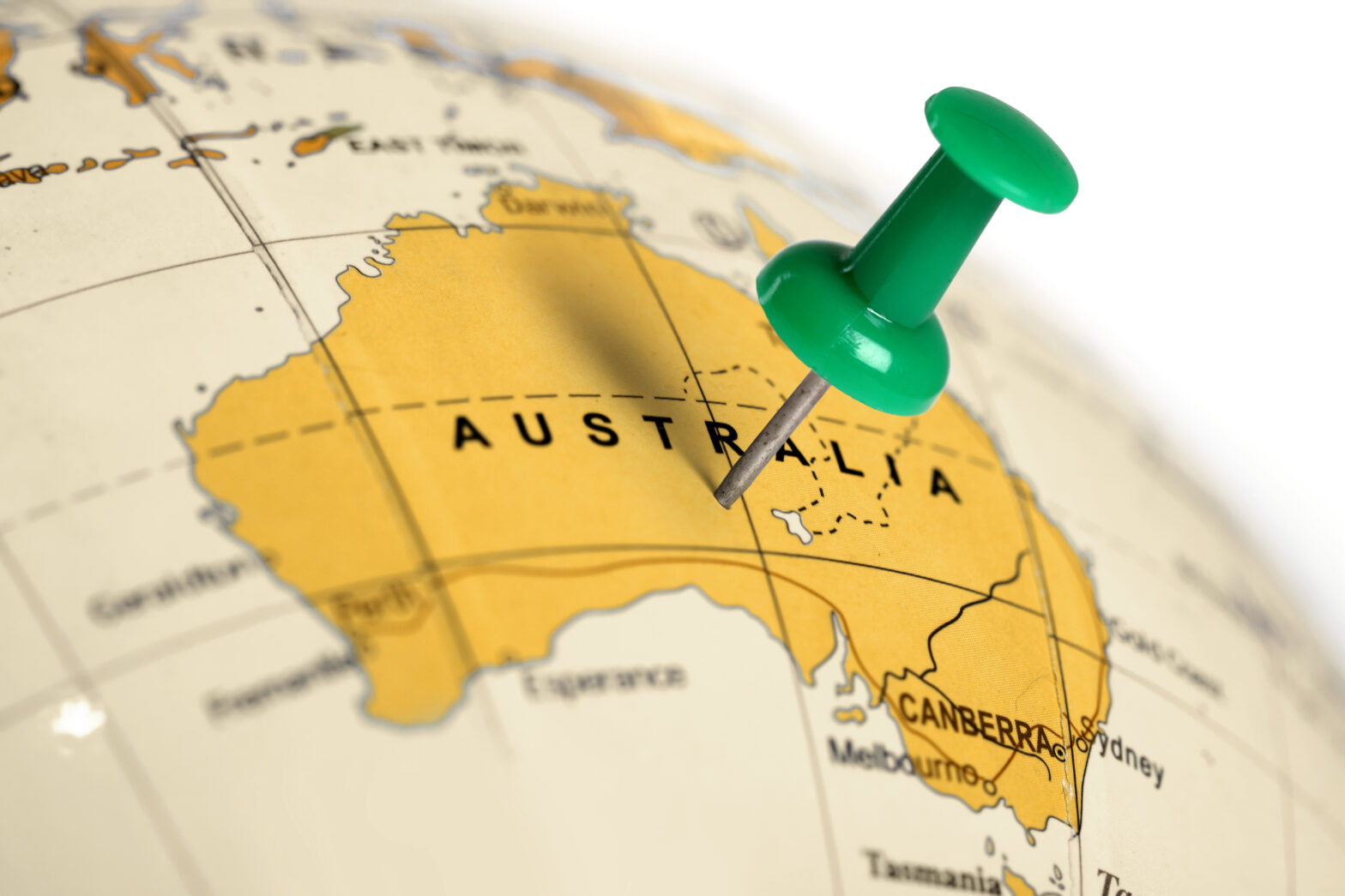An ideal first step is to investigate this checklist for business starters is clearly and concisely laid out.
Thoroughly research the Australian market
If you’re determined to make the leap, research the market opportunity. Whether or not you can raise funds to assist your push into Australia should serve as a decent indicator as to whether or not your business plan has legs.
Should you need help with preparing a business plan, or with assessing the likely success of the venture, Australian State governments are always on hand with information and guidance.
Seek out local knowledge
Before you commit to your foreign adventure, it is vital that you seek advice from professional advisers (solicitors and accountants) regarding the viability of your venture in Australia itself. Various publications that can help you start up in Australia are also available from banks and the likes of the Commonwealth Government bookstore.
Buying an established operation, where local knowledge, contacts, and income streams are already established, with all the red tape issues circumvented, is also an option worthy of serious consideration.
You will need to make sure that you have the relevant licenses or permits, since there are literally hundreds of different businesses in Australia that require them, and then there are the issues of taxation, insurance and location.
Check with the Australian Tax Office regarding all the liabilities and duties that your type of business will be subject to. Taxation Down Under is a complex area that requires expert knowledge, and small business owners in Australia must observe all the various Federal and State laws. Depending on the type of business activity you are engaged in, you will be liable for income tax – personal and company – capital gains taxation, as well as likes of business duty and stamp duty. In Australia, tax payments must be made promptly, and all your books and records have to be maintained for 5 years.
When starting up in an unfamiliar geography such as Australia, you will need to carefully research the physical position of the business, all the premises and lease issues, making sure nothing is left to chance. Make sure the lease allows for the long-term viability of your business. Depending on the type of business you are looking to start, you might also need to contact local Australian councils regarding Health Department requirements that could impact on planning or business location.
Insurance issues are also complex and varied, Australian businesses potentially needing up to 22 different policies. Make sure you are au fait with all the life, income and commercial risks, and take note that workers’ compensation insurance is compulsory for all your employees, including directors.
Employing staff in Australia brings its own set of different rules and regulations, and it is vital that you familiarise and comply with the relevant information about hours, holidays, leave and safety. A good place to find information on these issues is the Australian Department of Employment, Skills, Small and Family Business (established May 2019).
Should you be interested in extending your franchise into the Australian market, it is worth contacting the Small Business Development Corporation for guidance and information on your particular franchising opportunity.
For further information, links and other guidance, visit the Australian Department of Home Affairs or www.business.gov.au.





